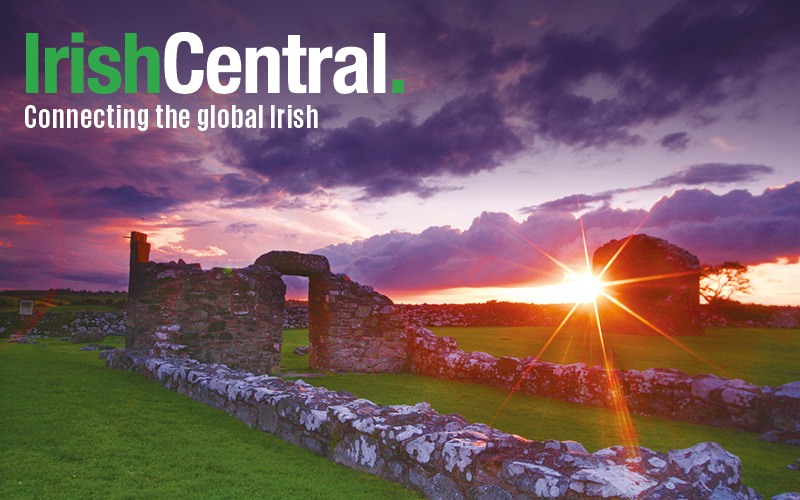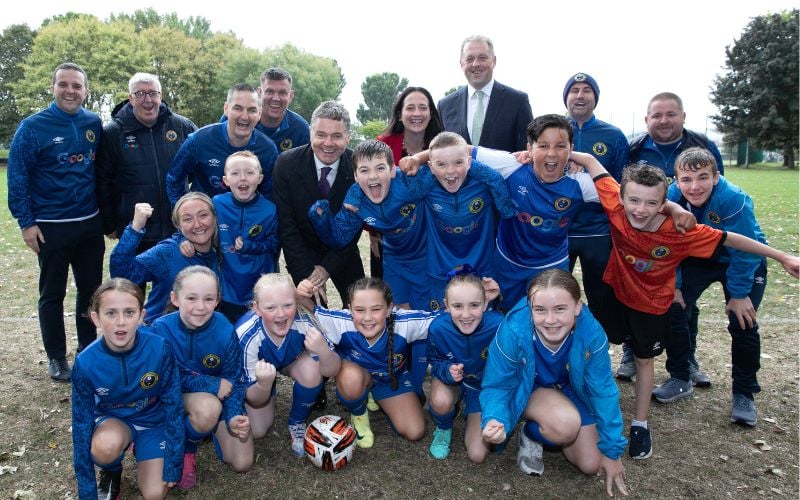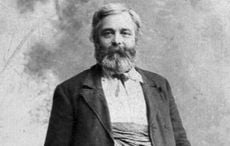The Boston College Center for Irish Programs, known as BC-Ireland, has just embarked on a hugely ambitious project focused on the Gaelic Athletic Association (GAA) of Ireland, which is celebrating its 125th anniversary this year.
The GAA has long been at the heartbeat of Irish life and a constant in times of war and peace. It has acted as a cradle for the Irish language, and many cultural and social traditions are indelibly linked to the amateur sports organization.
The project will feature an academic conference in April in Dublin and will also collect and digitize films and photos to create an archive in the GAA museum that will be available for public viewing in 2012.
BC-Ireland Academic Director Mike Cronin put the GAA’s role in Irish society – the organization boasts 2,500 clubs and 800,000 members – into context.
“Because there is a GAA club in just about every parish throughout the country, you can honestly say the organization is the root and soul of Ireland,” says Cronin. “Its social component, and the opportunities it presents for service – one national report says the GAA encompasses 49 percent of all volunteering in Ireland – put the GAA at the center of Irish community life.”
The project has also given the general public the chance to share their feelings about the GAA. Questionnaires are downloadable at www.gaahistory.com for people to share their GAA stories and recollections.
“Oral history is a key aspect of this project,” Cronin says. “I met one guy in his 90s whose great-uncle played in the first All-Ireland Final back in 1887, and he had all kinds of stories to tell. We want to capture those long memories – have kids go out and interview their grandparents about what the GAA was like back in “their day.”
Project organizers hope to publish a book on the oral history of the GAA to coincide with the organization’s own anniversary celebrations in November, and a documentary about the Project will be shown at Christmas time ontelevision.
The four-year project will chronicle the GAA county by county and will also include the development of the organization around the world by Irish communities in America, Australia and Britain.




Comments